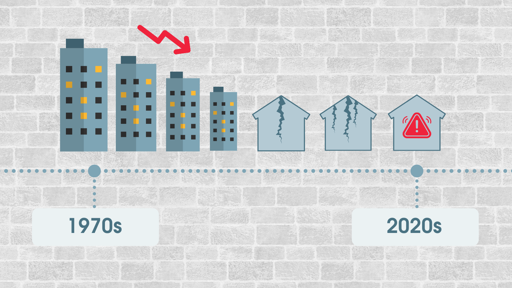

I am not a constitutional lawyer (or any sort of lawyer), but my understanding (and what I meant to say) was that unconstitutional laws are subject to legal correction, so sure , we may vote in whatever we want, but that doesn’t meant the law will stand or take effect.
See e.g., http://www.revparl.ca/english/issue.asp
The reason we in Canada nowadays use the term referendum to mean mainly the non-binding type is because at the beginning of the century the western provinces experimented with the binding referendum. But it was abandoned because the Manitoba law on the subject was declared unconstitutional in 1919, mainly on the ground that it usurped the power of the lieutenant-governor, as a representative of the crown, to veto legislation. It also interfered with the powers of the federal government, which appoints the lieutenant-governors and has the power to instruct them


Of course I am aware of the “notwithstanding clause”, but this is not relevant for the strict majoritarian view you were espousing, is it? Moreover, “it allows Parliament or provincial legislatures to temporarily override sections 2 and 7–15 of the Charter” and the parts of the Charter subject to override are limited: “rights such as section 6 mobility rights, democratic rights, and language rights are inviolable”.
To my mind, this is clearly all further evidence of the fact that our government is organized via an intricate (and ever-evolving) system with various overrides and corrective measures and balanced powers, and that it is in no way simply reducible to strict, %50+, majoritarian rule.